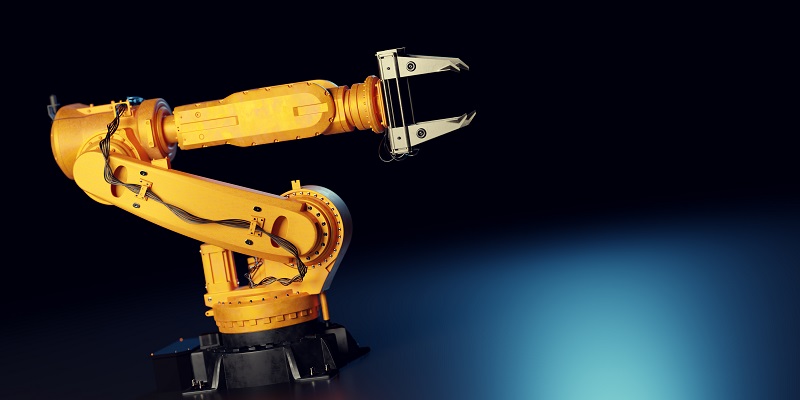The traditional process of replacing worn-out gear components after operational failure leads to environmental degradation, high energy consumption, and increased costs for manufacturers. However, the advent of technology has brought about increased efficiencies in the use of resources. Advanced technology has made it possible for manufacturers to repair gears instead of replacing them, reducing operational downtime, costs, and energy consumption. Denmark-based technology consultancy and service company FORCE Technology, in partnership with Hexagon Manufacturing Intelligence and RoboDK, has launched a revolutionary project that focuses on making gear repair a more sustainable process for manufacturers.
Importance of Sustainable Gear Repair for Manufacturers
The effective repair of gear components is an essential process that ensures their longevity, prevents operational downtime, and reduces costs associated with component replacement. Sustainable gear repair is becoming an integral part of modern manufacturing processes. With advanced technology, manufacturers can now repair gears that were once considered irreparable due to the complexity of the components. The repair process is also a sustainable approach that helps reduce energy consumption, waste, and environmental degradation, making it a critical aspect of modern manufacturing processes.
Partnership and Project Details
FORCE Technology, Hexagon Manufacturing Intelligence, and RoboDK are leading technology companies in Denmark that specialize in providing innovative solutions for modern manufacturing processes. In partnership, they launched a project focused on improving laser welding procedures and determining if sustainable gear repair was possible using robot toolpath programming, digital twin simulation, and post-processing. The goal was to ensure that the repair process was sustainable, efficient, cost-effective, and reduces operational downtime.
Benefits of Robot Integration for Gear Repair
The project explores the benefits of robot integration in the manufacturing process, specifically in gear repair. Repairing gears using industrial robots and robot simulation helps industries reduce waste, energy consumption, and the cost of replacing components. The process involves Direct Energy Deposition (DED) Technology, which follows a toolpath created directly from a CAD geometry and builds up parts in successive layers. This approach is cost-effective, efficient, and sustainable, providing a viable alternative to traditional manufacturing processes.
Maintenance, Repair, and Operations process
The repair process is designed for Maintenance, Repair, and Operations (MRO) and focuses on safely restoring repaired gears to service. This approach ensures that the repaired gear components are fully functional, thereby reducing the possibility of a repeat failure. The process also helps manufacturers to reduce the costs associated with replacement parts, minimize operational downtime, and lower costs.
Simulation and offline programming tools
The project also focuses on the importance of simulation and offline programming tools during the repair process. RoboDK’s simulation and offline programming tools can reduce the production downtime caused by shop floor programming. This aspect of the process helps manufacturers minimize operational downtime, improve efficiency, and reduce energy consumption.
Environmental responsibility
The project demonstrates FORCE Technology’s commitment to environmental responsibility, enabling them to determine how to repair gear instead of replacing it. This approach reduces downtime and costs, minimizing the amount of waste generated by manufacturers. In addition, the project eliminates the need for replacement parts, reducing the environmental impact associated with traditional manufacturing processes.
A successful example of robot integration for MRO
The project is a successful example of how robot integration can improve the maintenance, repair, and operations process. This approach can help manufacturers reduce costs, improve efficiency, and minimize environmental degradation. The project shows how contemporary businesses can collaborate and use state-of-the-art technology to implement production processes for the benefit of the industry.
The partnership between FORCE Technology, Hexagon Manufacturing Intelligence, and RoboDK demonstrates how innovative technology companies can collaborate to revolutionize traditional manufacturing processes. The project highlights the importance of sustainable gear repair in reducing energy consumption, waste, and environmental degradation. With advanced technology, it is now possible to repair gear components that were once considered irreparable, thereby improving efficiency, reducing operational downtime, and lowering costs. Overall, the project has a positive impact on the industry and provides a viable alternative to traditional manufacturing processes.

